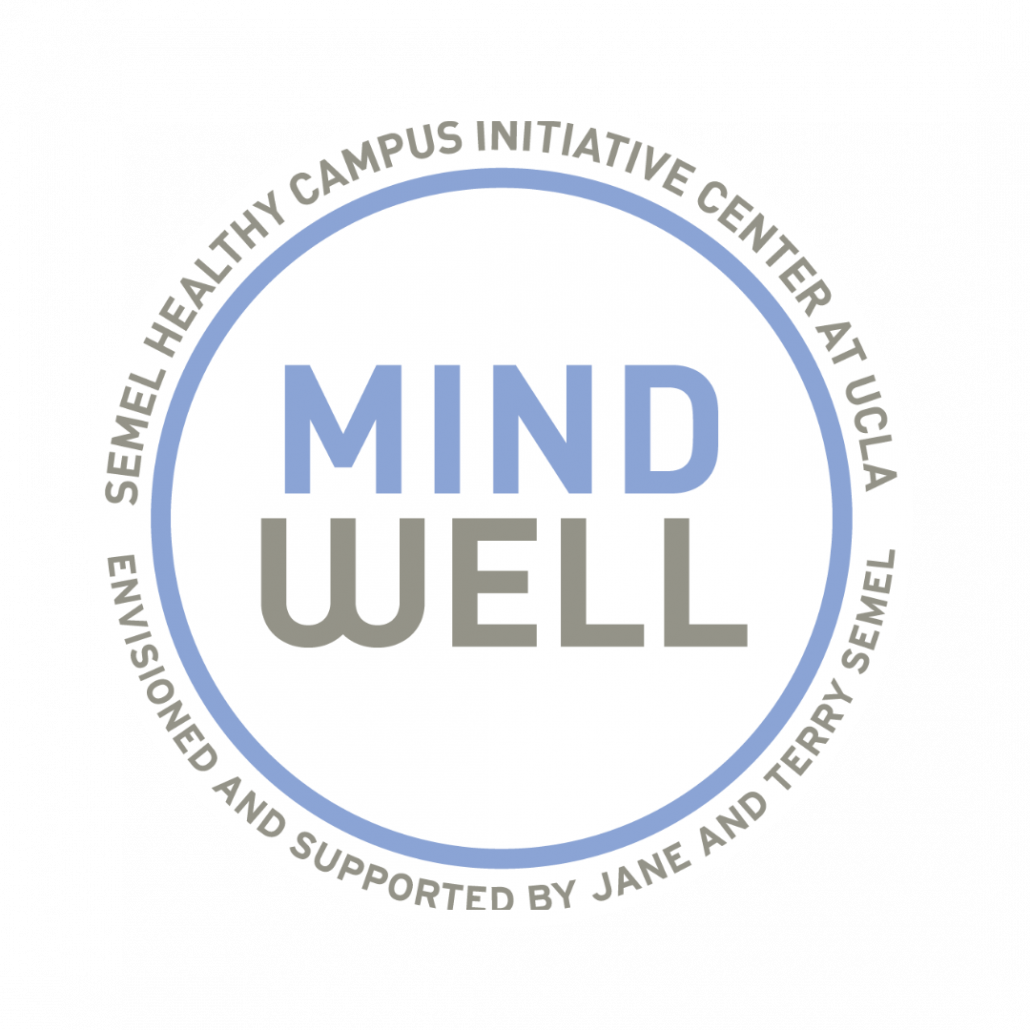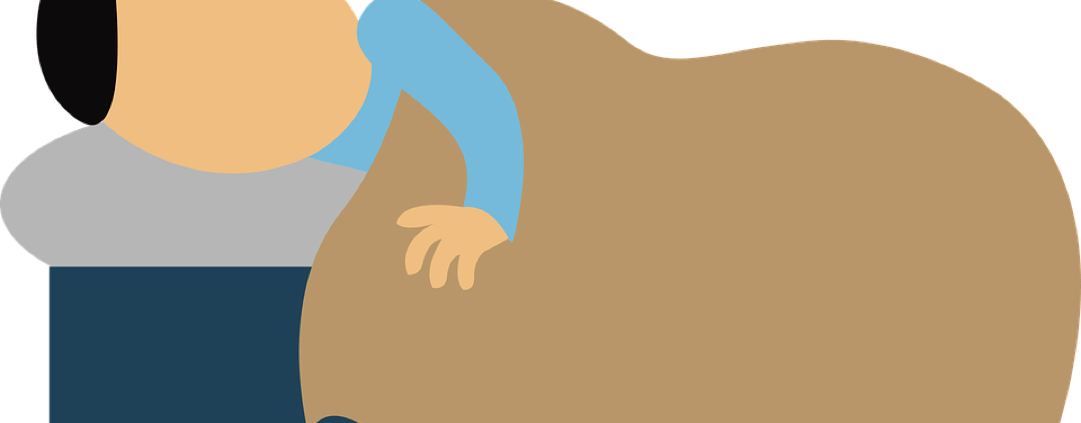5 Tips to Creating Your Perfect “Snooze-List”
We all have that favorite pillow or sleeping position where our worries are set free and the sheep begin to count themselves. Although the process of sleeping brings us so much comfort, many of us are still sleep deprived and suffer the consequences in our day-to-day activities. My college years, probably like yours, were one of sleep deprivation and stress. I was sleep deprived because when it was time to sleep at night, I had a hard time falling asleep despite how many times I fluffed and rotated my pillow.
What is sleep and why do we need it?
Sleep, interestingly, is an active process that occupies one-third of human life. One of its intended functions is to conserve energy and restore our bodies. Science has shown that we require sleep to regulate our metabolism which in turn controls our weight, consolidates our memories to long-term storage, and regulates our mood. As you can see, sleep is very important for our bodies and minds. But, sleep onset, as you may have experienced, isn’t always the easiest. Sometimes we have those nights where we will fall into a deep slumber very quickly, but sometimes we have those other nights in which we are tossing and turning until we can finally fall asleep.
A Surprising Tool to Help You Sleep Faster
You might have tried dimming the brightness of your screen or turning on the ‘night shift’ setting to reduce the amount of blue-wave light so that your mind isn’t tricked into thinking that the sun is shining at 11:00 pm at night. Or you might have picked up the habit of reading or meditating before bed to help lull you into sleep. Surprisingly, another remedial tool to help promote sleep-onset that is both cheap and easy is music! Music can promote relaxation and improve your sleep quality. In fact, many individuals with chronic sleep problems turn to music for emotional regulation to calm any frustrations from not being able to fall asleep.
We all have that ‘relaxing’ or ‘calm’ playlist that we turn to in times of anxiety or stress, but how about we create our own ‘snooze-list’. Researchers have found that music with 60-80 bpm are found to have the most relaxing and anxiety-reducing effects. This specific slow tempo of music serves as a distractor from any negative psychological or physiological experiences like pain or anxiety. Often, we have felt anxiety from the stress of not being able to fall asleep and this eventually can become a prolonged stressor. This type of sedative music can help with sleep onset by increasing muscle relaxation and lessening distraction from intrusive thoughts. Ready to give your “snooze list” a try?
Time to Create That “Snooze-List”
Looking to create that perfect playlist that snoozes you to sleep? Here are my top 5 tips to creating your “Snooze-list”:
- Choose songs that are between a 60-80 bpm range. I suggest classical music!
- Select slow, flowing non-lyrical music.
- Find songs with low tones and strings. Try to find songs with minimal brass sounds and percussion.
- Set it at a maximum volume of 60 decibels, which can be compared to having a normal conversation from a 3-ft. distance.
- Listen to music for a minimum of 15-20 minutes before bed to reduce anxiety, lower blood pressure and heart rate.
Need some help getting started? Here’s a link to a free playlist on Spotify.
Write below in the comments section your experience with using music as a sleep-aid. Happy sleeping!
If you are interested in learning more about sleep, sleep deprivation, and other sleep-aid tools and applications, please read the literature review titled “The Science and Research Methods of Sleep and Sleep Deprivation” on the UCLA’s Healthy Campus Initiative Sleep Well page.
Chantel T. Ebrahimi received a B.S in Psychobiology from UCLA in 2015. She is a Staff Research Associate II on the Adolescent Brain Cognitive Development (ABCD) Study at UCLA.



